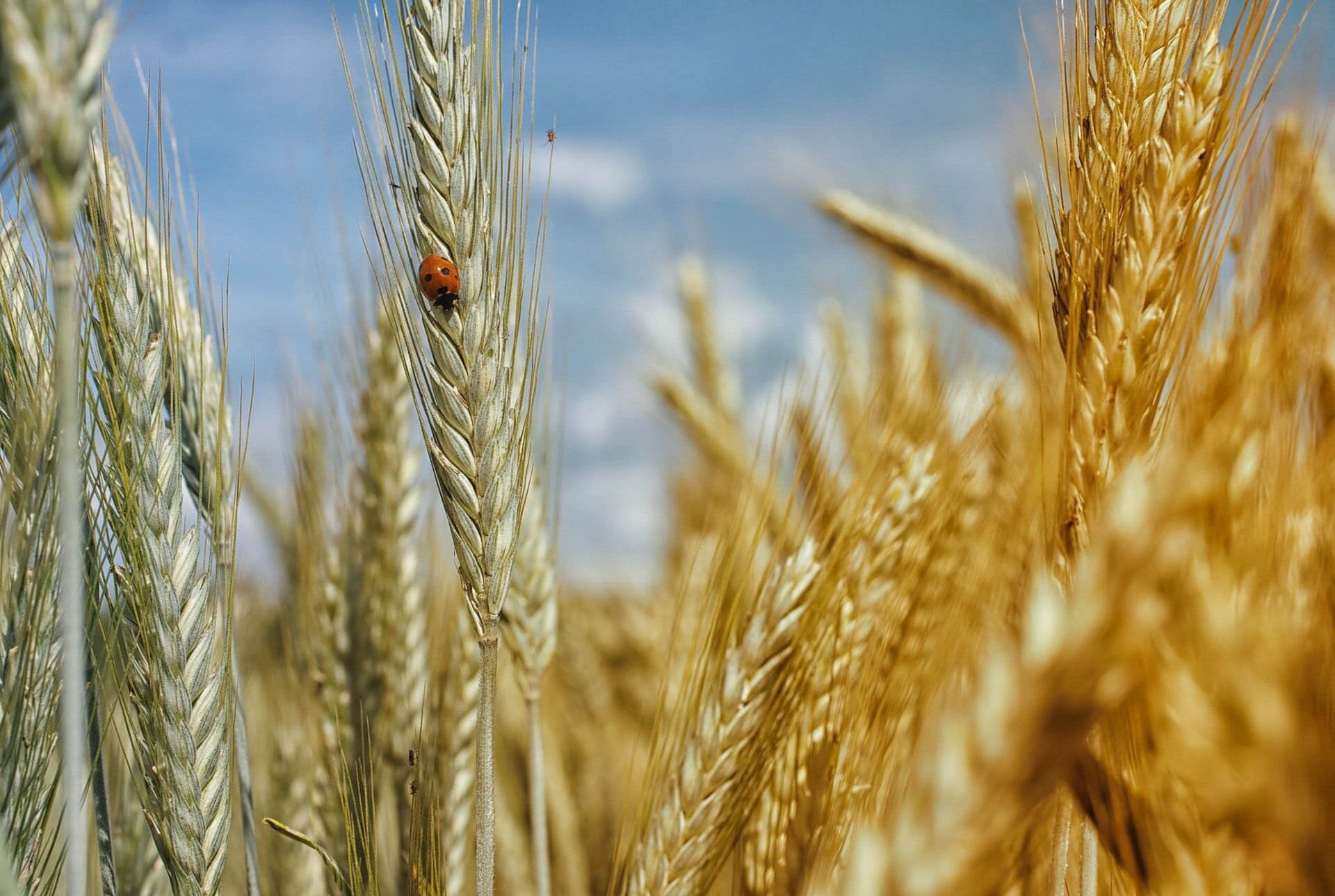5 Ways Berries Improve Memory
/I love buying fresh berries at the Farmer’s Market during the summer and early Fall because they’re at their peak and always sweet -- no risk of getting a sour or flavorless batch. I encourage my clients to eat berries all year long because they have such powerful health benefits. We’re fortunate that we can access berries all year-round – fresh and local, fresh and imported, or frozen berries, whichever sources meet your needs and preferences best.
Most of us know berries are “good for us”, but did you know they’re really important for boosting brain health and improving memory? Here are 5 ways berries may be working to boost memory and prevent memory loss.
1. Protecting Brain Cells:
The high levels of antioxidants in berries help prevent damage to cells in the brain. Simple as that!
2. Preventing or Reducing Inflammation:
Berries contain high amounts of anthocyanins, a compound that helps prevent inflammation and gives berries their bright red, blue and purple colors. Decreasing inflammation has been indicated as a key factor for reducing memory loss and preventing Dementia and Alzheimer’s disease.
3. Improve Neuron Communication
Neurons are the building blocks of the nervous system and transmit information throughout the body. Something in the berries changes the way neurons in the brain communicate. The change in signaling helps prevent inflammation and damage to the neurons, which leads to improved cognition, according to Barbara Shukitt-Hale, Ph.D. Some studies have shown improved brain function in older adults with mild mental impairment when they added berries regularly to their diet.
4. Lower Dementia Risk
This study, found that compared to the placebo group, the study group (healthy older adults ages 65 to 77) had a significant increase in brain activity, blood flow and memory when given the equivalent of 230 grams (1 cup) of berries during the study period (JW how long was the study??). The flavonoids that are abundant in the berries are thought to be the factor providing these effects and lowering the risk of dementia.
5. May Improve Concentration
Keep in mind, it’s only one study, but this study conducted at Reading University in 2009 found participants who drank a blueberry smoothie in the morning did much better at mental tasks in the mid-afternoon. The people who didn’t get the blueberries saw a 15-20% decline in the cognitive tasks that were tested. The researchers believe the antioxidants in berries stimulate blood flow and oxygen to the brain, keeping the mind more active.
Now for Less Science and More Practical Tips:
1. Which Berries Are Best?
· Blackberries, Blueberries, Acai berries, cranberries, raspberries & strawberries. This doesn’t include Trader Joe’s Chocolate covered acai berries, however. 😊
· I recommend emphasizing more purple berries because of the type of antioxidants they contain, but definitely eat a combination of both red and blue/purple.
2. How Much Do I Need to Eat?
· According to the CHAP (Chicago Health & Aging Project) and MAP (Memory & Aging Project) studies, people who ate at least two ½-cup servings/week were 52% less likely to develop Alzheimer’s disease 5 years later. That’s amazing!
· Honestly, I aim to eat berries every day. That way I realistically eat them about 5 out of 7 days/week. No harm in eating them and if I get additional benefit, great!
3. What About Fresh vs Frozen Berries?
· The antioxidants are higher in fresh berries, so eat fresh as much as possible. Frozen berries are a great, next-best option when fresh aren’t available or are too expensive. You can double the servings (4 - ½ cup servings per week) to increase the antioxidants you get or freeze your own while berries are still plentiful and in season. Check out this short blog from Farm Flavor with the proper technique for freezing berries.
Mixed Berry Crisp for 2
4. Need Some Berry Inspiration?
· Frozen or fresh berries are always great in oatmeal or Greek yogurt. Try my Arugula Salad w. Berries recipe. Or this Mixed Berry Crisp for Two is a healthier alternative to berry pies and cobblers because I used less sugar in the filling and the crust is made with oats and less butter.
There’s still a lot to understand about which components in berries are responsible for the brain and memory benefits, but in the meantime, eat more berries!













